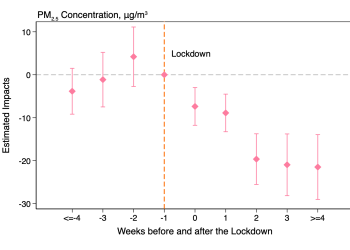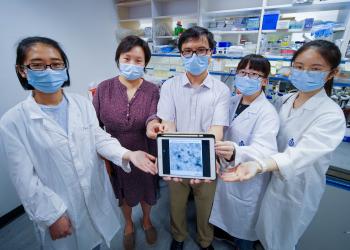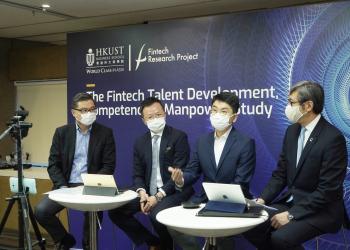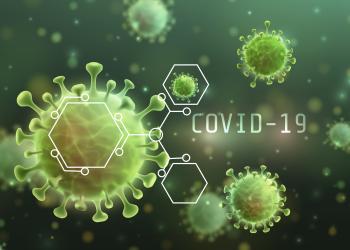News & Stories
2020

News
HKUST Researchers Uncover Chemo-resistance Mechanism in Glioma Patients
An international research team co-led by the Hong Kong University of Science and Technology (HKUST), Beijing Neurosurgical Institute, and the Spanish National Cancer Research Center (CNIO) has discovered a mechanism that explains why patients of gliomas – a common and aggressive type of brain tumors, would develop chemo-resistance, potentially allowing early identification of drug-resistant brain cancer patients.
At present, the main treatment for glioma is a combination of surgery, radiotherapy and the chemotherapy agent temozolomide (TMZ). This type of treatment can usually prolong patients’ overall survival time. However, most of them would suffer a relapse and some would become resistant to TMZ.

News
HKUST Study Finds City Lockdown Improves Air Quality May Delay 24,000 – 36,000 Early Death Cases
A team of researchers at the Hong Kong University of Science and Technology (HKUST) estimated that about 24,000 to 36,000 early mortality cases caused by air pollution may have been delayed due to Mainland China’s earlier mobility-restriction management (city lockdown*) to curb the spread of COVID-19, as such measures have brought down the amount of Fine Particulate Matter (PM2.5) at lockdown cities by a notably 25 per cent year-on-year during the first two months of this year - significantly elevated the region’s air quality.

News
Researchers Uncover Novel Molecular Mechanism
Researchers from the Hong Kong University of Science and Technology (HKUST) discovered a novel molecular mechanism that controls the delivery of a key protein in planar cell polarity (PCP) – an important process in our body that regulates cell growth and cell movement, providing useful guidance on the development of new drugs for cancer treatment.
PCP is a biological process critical for tissue development and organ function. Defects in PCP could lead to illnesses such as neurological disorder, skeletal abnormalities or congenital heart disease. Even worse, cancer cells can hijack PCP to promote their own growth and expansion.

News
HKUST Scientists Develop World's First Spherical Artificial Eye with 3D Retina
An international team led by scientists at the Hong Kong University of Science and Technology (HKUST) has recently developed the world’s first 3D artificial eye with capabilities better than existing bionic eyes and in some cases, even exceed those of the human eyes, bringing vision to humanoid robots and new hope to patients with visual impairment.

News
Hong Kong’s First Fintech Manpower Study Identifies 13 Most Needed Competencies
The School of Business and Management of The Hong Kong University of Science and Technology (HKUST Business School) announced the major findings of an industry-wide study on “Fintech Talent Development, Competency and Manpower”. With a view to addressing the growing demand for fintech talent in Hong Kong, the intensive study outlines ten observations about the industry, makes ten recommendations on talent development, and identifies thirteen core competencies for fintech professionals.
News
HKUST Research Team Successfully Discovers New Material Generation Mechanism for Chip Design, Quantum Computing and Noise Reduction
The research team of the Hong Kong University of Science and Technology (HKUST) has recently made important progress in the field of new materials. Combining the characteristics of two-dimensional materials and topological materials, the team has for the first time discovered a universal generation mechanism of new materials with "type-II" Dirac cones. Many extraordinary properties of the material are realized in experiments, which addressed the key issue that the material could only be obtained sporadically under stringent limits. This mechanism can guide the preparation of new two-dimensional materials that have specific directional responses to external signals such as electric fields, magnetic fields, light waves, sound waves, etc., and will provide valuable applications for modern electronic communications, quantum computing, optical communications, and even sound insulation and noise reduction materials.








